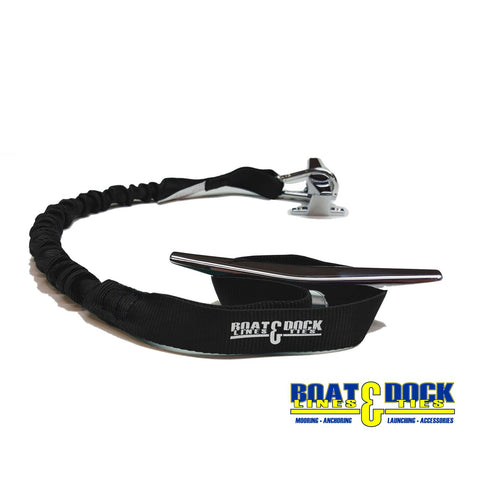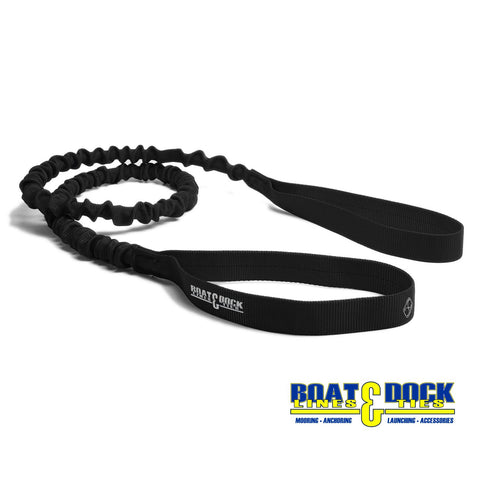Camping
Whether you're roughing it in a tent or planning a family picnic, there are many ways to make sure that your experience is fun and safe. Consider the following basic tips:
Be prepared

- Pack a first aid kit. Your kit can prove invaluable if you or a member of your group suffers a cut, bee sting or allergic reaction. Pack antiseptics for cuts and scrapes, tweezers, insect repellent, a snake bite kit, pain relievers, and sunscreen. Tailor your kit to your family's special needs.
- Learn ABC - Airway, Breathing, & Circulation. Know how to perform CPR and basic first aid. Recognizing serious injuries will enable you to attend to a victim until medical help arrives.
- Bring emergency supplies. In addition to a first aid kit, you should also have a map of the area, compass, flashlight, knife, waterproof fire starter, personal shelter, whistle, warm clothing, high energy food, water, water-purifying tablets, and insect repellant.
Check the elements
- What is in the skies? Check the weather report before you leave home. When you arrive at the site, keep on eye on the skies for changes and, if possible, carry a compact weather radio. In inclement weather, take shelter until the bad weather passes. Stay dry on hikes or camping trips you should always have a rain jacket - wet clothes contribute to heat loss. Also, keep sleeping bags and important gear dry at all times.
- Are there forest or grassland alerts? Forest and grassland home pages post alerts you should know before you go. Many of our forests and grasslands also post alerts on Twitter. The latest fire information may be found on InciWeb(link is external).
Survey your surroundings
-
Arrive early. Plan your trip so that you arrive at your actual campsite with enough daylight to check over the entire site and safely set up camp.

- Check for potential hazards. Be sure to check the site thoroughly for glass, sharp objects, branches, large ant beds, poison ivy, bees, and hazardous terrain.
- Avoid areas of natural hazards. Check the contour of the land and look for potential trouble spots due to rain or snow. Areas that could flood or become extremely muddy can pose a problem.
- Inspect the site. Look for a level site with enough room to spread out all your gear. A site that has trees or shrubs on the side of prevailing winds will help block strong, unexpected gusts.
- Pitch your tent in a safe spot. Make sure your tent is made of flame-retardant fabric, and keep it a safe distance away from campfires. Keep insects out of your tent by closing the entrance quickly when entering or leaving.
- Build fires in a safe area. Your open fires and fuel-burning appliances must be far enough away from the tent to prevent ignition from sparks, flames, and heat. Never use a flame or any other heating device inside a tent. Check to know whether there are fire restrictions in place before starting a campfire. You could be fined if you start a fire in a restricted area. EZ Lite Fire starter is the easiest and frustration free way we have found to get our camp fire started.
Outdoor awareness
- Ensure your fires are always attended. Be sure you have an area for a campfire that cannot spread laterally or vertically - a grill or stone surface is ideal. When putting the fire out, drown it with water. Make sure all embers, coals and sticks are wet. Embers buried deep within the pile have a tendency to reignite later.
- Use caution with propane stoves, grills. Read the instructions that come with the stove and propane cylinder. Use the stove as a cooking appliance only - never leave it unattended while it's burning.
- Watch out for bugs. Hornets, bees, wasps, and yellow jackets are a problem at many campsites. Avoid attracting stinging insects by wearing light-colored clothing and avoiding perfumes or colognes. Should such an insect approach, do not wave wildly and swat blindly - instead use a gentle pushing or brushing motion to deter them.
-
 Dispose of trash properly. Remember to recycle - use the proper recycling bins if available. Take your own trash can and trash bags. We have found this adjustable ball bungee keeps the trash bag from falling in to trash can.
Dispose of trash properly. Remember to recycle - use the proper recycling bins if available. Take your own trash can and trash bags. We have found this adjustable ball bungee keeps the trash bag from falling in to trash can. - Beware when encountering wildlife. To ward off bears, keep your campsite clean, and do not leave food, garbage, coolers, cooking equipment or utensils out in the open. Remember that bears can be dangerous and unpredictable - never feed or approach a bear. Use a flashlight at night - many animals feed at night and the use of a flashlight may warn them that you are approaching.
- Know which plants are poisonous. Familiarize yourself with any dangerous plants that are common to the area. If you come into contact with a poisonous plant, immediately rinse the affected area with water and apply a soothing lotion such as calamine to the affected area.
- Keep it clean. Wash your hands, particularly after using the toilet and before handling food to prevent the spread of germs and disease. Use biodegradable soap. Keep your campsite clean, too. And don't forget to remove all trash.
- Get Outdoors and enjoy the adventure. Take the right gear and have more fun.

 Dispose of trash properly. Remember to recycle - use the proper recycling bins if available. Take your own trash can and trash bags. We have found this adjustable ball bungee keeps the trash bag from falling in to trash can.
Dispose of trash properly. Remember to recycle - use the proper recycling bins if available. Take your own trash can and trash bags. We have found this adjustable ball bungee keeps the trash bag from falling in to trash can. 
